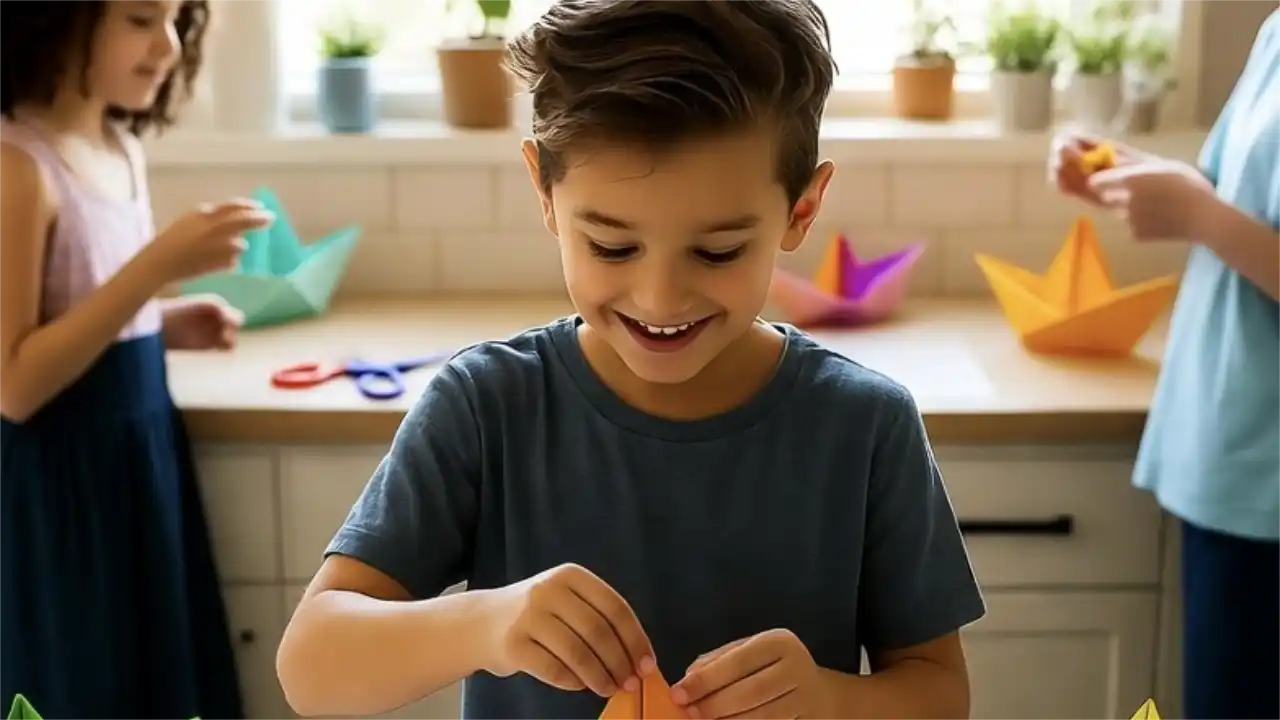
Fostering a Creative Environment: Blend Competition and Family Projects
M
y son once raced paper boats with his siblings in the sink, all of them cheering and tweaking designs between rounds. After a few tries, I asked, “How could you make yours faster?” That simple nudge turned the game into an experiment. He adjusted the shape, added a paper fin, and proudly watched his boat win the next round. Blending competition with creativity gave him a goal, but also a reason to iterate. Challenges like these push children to analyze, improve, and invent—not just to win, but to understand what makes something work.
Later, we built kites as a family. Each child crafted their own, but we flew them together. “Whose stayed up longest?” sparked laughter, while comparing designs led to unexpected tips and teamwork. The fun was in the mix—individual effort and shared discovery. These contests, whether about speed, height, or design, gradually built confidence. My son began entering school competitions, and when he lost, he revised. He didn’t just learn to compete—he learned to reflect, rebuild, and try again.
Try weekly contests that start with rivalry but end in collaboration. Ask, “What would improve this?” and let your child keep notes or photos of their projects. Review them together, and celebrate both bold ideas and clever fixes. A well-run family challenge builds more than skills—it builds grit, grace, and a love for learning from others. Children begin to see that even in a race, there’s always room to grow—and someone nearby who can help them get there.
Fostering a Creative Environment
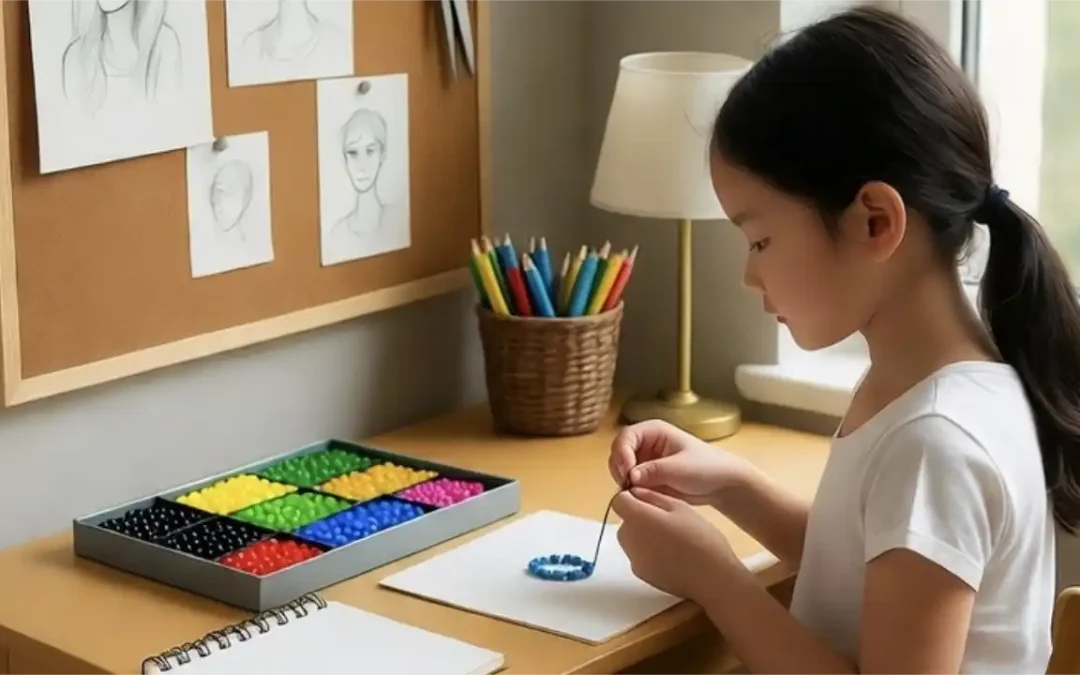
Fostering a Creative Environment: Clear a Space for Projects
A dedicated creative space invites focus and exploration. Learn how to design an environment that supports deep thinking and playful expression.

Fostering a Creative Environment: Display Children’s Creations
Showcasing children’s work encourages confidence and pride. Create a home environment where creativity is seen, valued, and celebrated.
Table of contents

Primordial Soup for the Mind: Navigation
Navigate the book Primordial Soup for the Mind.
TIPS
- Plan contests like races or craft challenges.
- Praise their teamwork to show you value their work.
- Mix competition and collaboration weekly.
- Ask “How can you make this better?” to start ideas.
ACTIVITIES
- Boat Race: Make boats, ask, “How can you make this better?” Race for 15 minutes.
- Kite Build: Build kites, talk about their designs, 20 minutes.
EXAMPLE
My daughter made a kite, saying, “It flies!” Her designs started a crafting hobby.

Download “Primordial Soup for the Mind: A Parent’s Guide to Nurturing Intellectual Growth”
Enter your information to get this article and hundreds more as part of the FREE book Primordial Soup for the Mind.
Share your thoughts with the Thought Academy community in the Comments section below.

Sharpen those skills!
Enter your information to get our FREE practice exercises so you can hone your critical thinking and reasoning skills!



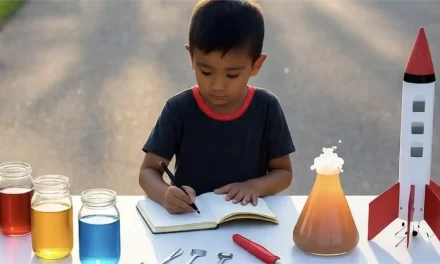
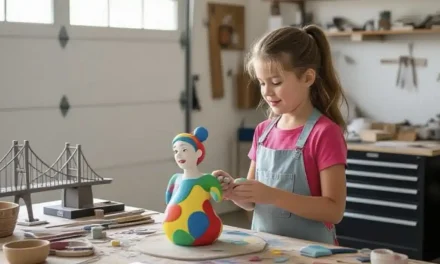
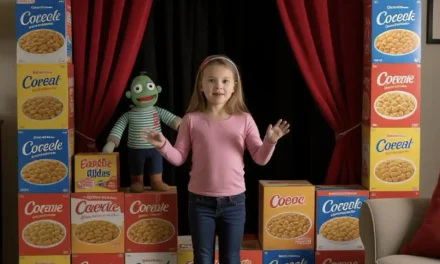

0 Comments